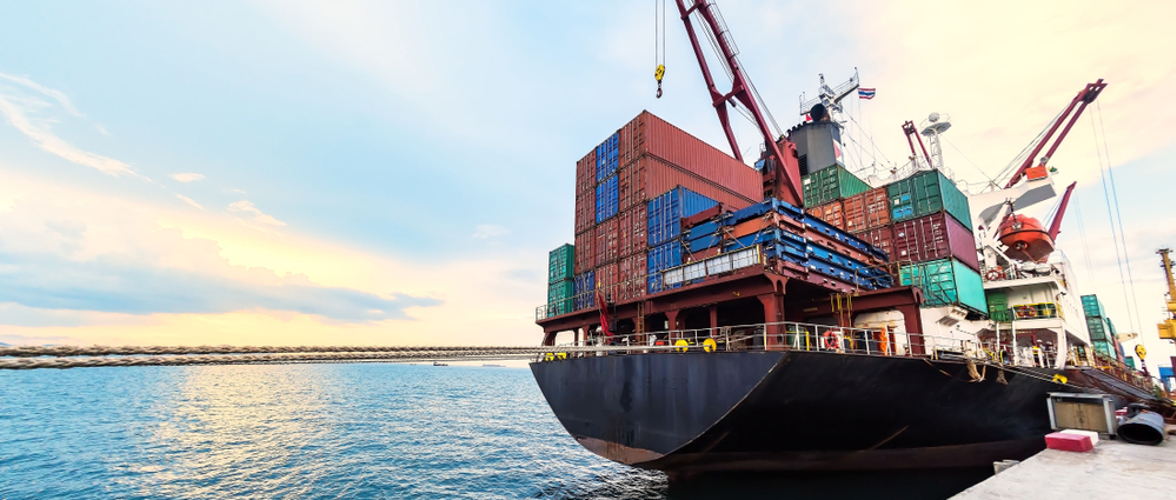Australia’s fuel security is coming under increased scrutiny, ahead of the imminent closure of the Kwinana fuel refinery in Western Australia in the first half of 2021. The closure leaves the Petroleum Refining and Petroleum Fuel Manufacturing industry with only three major refineries remaining, all of which are facing financial difficulties. Three refineries have already closed over the past decade, due to an inability to compete with low-cost producers in Asia.
‘Australia has become increasingly reliant on imported fuel products, with our three remaining refineries having a combined capacity lower than a single average refinery in Asia. In 2021-22, imports are projected to meet over 70% of Australia’s demand for refined fuels,’ said IBISWorld Senior Industry Analyst, James Thomson.
Losing access to foreign fuel supply chains would have a devastating impact across the Australian economy.

Razor thin margins for Australian refineries
BP, the owner of the Kwinana refinery, has opted to convert the facility into an import terminal following a sustained period of fuel oversupply in Asia and low refining margins. Revenue across the industry fell by 16.5% in 2019-20, and is expected to fall by a further 5.4% in 2020-21, to total $13.2 billion.
‘The Kwinana refinery had a market share of 23.9% in 2020-21, and the loss of this establishment is expected to cause industry-wide revenue to decline by 15.0% in 2021-22, despite an anticipated improvement in prices,’ said Mr Thomson.
Australia’s three remaining refinery operators are currently investigating the future of their own establishments. All have suffered from falling demand and high fixed costs amid a decline in demand for fuels throughout the COVID-19 pandemic.

Safe supply against affordable fuel
Since 1979, Australia has been a signatory to the Agreement on an International Energy Program, requiring that Australia maintain at least 90 days of vital fuel stocks on hand. However, Australia’s available fuel stocks have remained well below this requirement for an extended period.
‘In 2019-20, Australia only had stockholdings of diesel oil to last 20 days, automotive gasoline to last 25 days, and aviation turbine fuel to last 26 days. Should Australia lose access to foreign fuel suppliers, the ramifications for the entire economy would be rapid and severe,’ said Mr Thomson.
Australia’s low fuel stocks are an outlier relative to other nations, which typically place greater emphasis on liquid fuel security. In contrast, Australia has applied minimal regulation in this area in order to pursue an efficient market that delivers fuel as cheaply as possible to consumers through the Fuel Retailing industry.
‘The first months of the COVID-19 pandemic highlighted the risks of having low fuel stocks, prompting the Federal Government to invest $94 million in a domestic fuel reserve in April 2020. However, that fuel is currently stored in the United States due to a lack of storage capacity in the Australian Bulk Fuel Storage industry,’ said Mr Thomson.
Outlook for fuel refineries
The global prices of crude oil and natural gas are expected to rise in 2020-21, providing some much-needed support to Australian petroleum refineries. Australian refinery production is expected to fall by 21.4% in 2020-21, to 352 thousand barrels per day, due to the closure of the Kwinana refinery.
The operating environment for Australia fuel refineries is expected to remain difficult over the next five years, despite receiving assistance from government subsidies. In the 2020-21 budget, the Federal government pledged to provide a one cent subsidy for each litre of primary transport fuel produced by domestic refineries, including petrol, diesel, and jet fuel. The 2020-21 budget also includes $200 million to fund new diesel storage facilities in Australia.
‘IBISWorld forecasts suggest that more of Australia’s refineries are likely to close over the next five years, despite the increased focus of the Federal Government on preserving the ability to produce fuels domestically,’ said Mr Thomson.
In any case, operators across the fuel supply chain will be watching closely in 2021 to see if further refinery closures are on the horizon.

IBISWorld reports used to develop this release:
- Petroleum Refining and Petroleum Fuel Manufacturing in Australia
- Fuel Retailing in Australia
- Bulk Fuel Storage in Australia
For more information, to obtain industry reports, or arrange an interview with an analyst, please contact:
Jason Aravanis
Strategic Media Advisor – IBISWorld Pty Ltd
Tel: 03 9906 3647
Email: mediarelations@ibisworld.com






